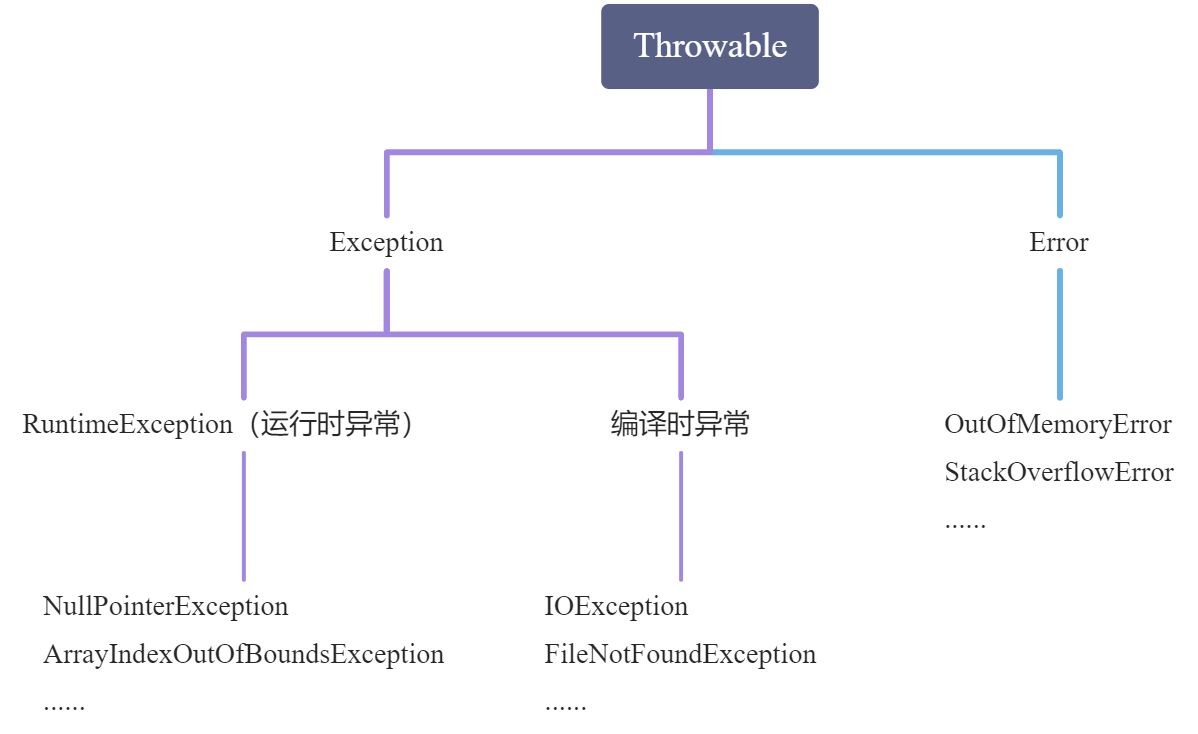Try-With-Recourse
try-with-recourse的写法相对于try-catch-finally更简洁,对比如下:
try-catch-finally
import java.io.*;public class MessyExceptions {public static void main(String[] args) {InputStream in = null;try {in = new FileInputStream(new File("MessyExceptions.java"));int contents = in.read();} catch(IOException e) {// Handle the error} finally {if(in != null) {try {in.close();} catch(IOException e) {// Handle the close() error}}}}}
try-with-recourse
import java.io.*;public class TryWithResources {public static void main(String[] args) {try(InputStream in = new FileInputStream(new File("TryWithResources.java"))) {int contents = in.read();// Process contents} catch(IOException e) {// Handle the error}}}
显然try-with-recourse简洁得多,它会按照申明顺序自动释放()中的资源。
- 工作原理
try-with-resources 定义子句中创建的对象(在括号内)必须实现 java.lang.AutoCloseable 接口,这个接口只有一个方法:close()。当在 Java 7 中引入 AutoCloseable 时,许多接口和类被修改以实现它,如:Stream 对象 。
Java 5 中的 Closeable 已经被修改,修改之后的接口继承了 AutoCloseable 接口。所以所有实现了 Closeable 接口的对象,都支持了 try-with-resources 特性。
- 注意:
- catch 块中,看不到 try-with-recourse 声明中的变量;
- try-with-recourse 中,try 块中抛出的异常,在 e.getMessage() 可以获得,而调用 close() 方法抛出的异常在e.getSuppressed() 获得;
- try-with-recourse 中定义多个变量时,由反编译可知,关闭的顺序是从后往前。
自定义异常
package com.cq.common.exception;/*** 自定义运行时异常类* 一般在业务层逻辑出现问题时抛出*/public class MyException extends RuntimeException {/*** 错误状态码* - 暂时用不着*/private Integer errorCode;/*** 错误信息*/private String errorMsg;public MyException(String errorMsg) {super(errorMsg);this.errorMsg = errorMsg;}public MyException(Throwable trace) {super(trace);}public MyException(String errorMsg, Throwable trace) {super(errorMsg, trace);}public String getErrorMsg() {return this.errorMsg;}}


